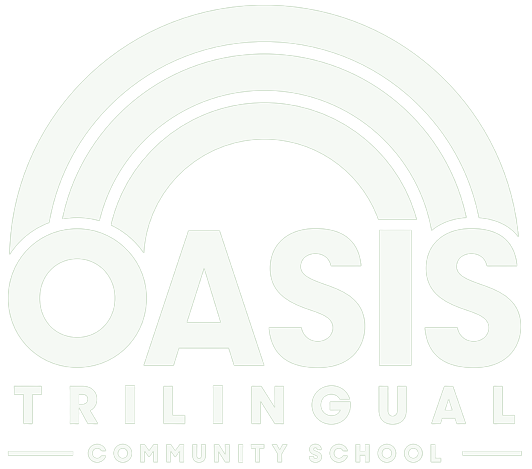The Cognitive Benefits of Early Language Acquisition
Introduction
Early language acquisition plays a huge role in cognitive development as it lays the foundation for future learning and intellectual growth. As children learn to communicate, they engage in a complex process that enhances their brain's ability to process information, solve problems, and develop critical thinking skills. In this article, we will explore how early language acquisition impacts cognitive development and the benefits it brings to children's overall intellectual abilities.
1. Enhanced Memory and Recall
Language learning requires children to remember and recall words, phrases, and grammatical structures. This process helps to strengthen their memory capabilities. For example, when children learn new vocabulary, they must remember the words and their meanings, which enhances their brain’s ability to store and retrieve information. Studies have shown that bilingual children have better working memory compared to their monolingual peers. This helps with memory as managing multiple languages requires constant mental juggling and memory reinforcement.
2. Improved Problem-Solving Skills
Learning a language involves understanding and applying rules, which enhances problem-solving abilities. When students learn grammar, they must recognize patterns and apply rules to develop their sentences correctly. This cognitive exercise develops their analytical skills and ability to approach problems systematically. Bilingual children often excel in tasks that require problem-solving and creative thinking due to their experience in navigating multiple language systems.
3. Greater Cognitive Flexibility
Cognitive flexibility is the ability to switch between thinking about different tasks and thoughts quickly and simultaneously. Early language acquisition fosters this skill by exposing children to diverse linguistic structures and cultural contexts. Bilingual children, for example, frequently switch between languages depending on the context, which enhances their ability to adapt to new situations and think about things from different perspectives. This cognitive flexibility extends beyond language use, influencing their general cognitive abilities.
4. Enhanced Executive Function
Executive function refers to a set of cognitive processes that include working memory, flexible thinking, and self-control. These skills are crucial for planning, focusing attention, remembering instructions, and managing multiple tasks. Early language learning strengthens executive function as students practice regulating their thoughts and actions to communicate effectively. Bilingual children, in particular, demonstrate superior executive function skills because they constantly manage two language systems, requiring enhanced attention and control.
5. Better Academic Performance
Children who acquire language skills early often perform better academically. Proficiency in language enhances reading comprehension, writing abilities, and overall communication skills, which are critical for academic success. Furthermore, bilingual children have an advantage in learning additional languages and understanding complex subjects, as they already possess a robust linguistic foundation. Early exposure to language learning fosters a love for reading and learning, contributing to long-term academic achievements.
Conclusion
Early language acquisition is a powerful catalyst for cognitive development, providing children with a solid foundation for future learning and intellectual growth. The cognitive benefits of early language learning, including enhanced memory, problem-solving skills, cognitive flexibility, executive function, and academic performance. By prioritizing early language acquisition, we can provide children with the skills and abilities they need to succeed in an increasingly interconnected and complex world.
